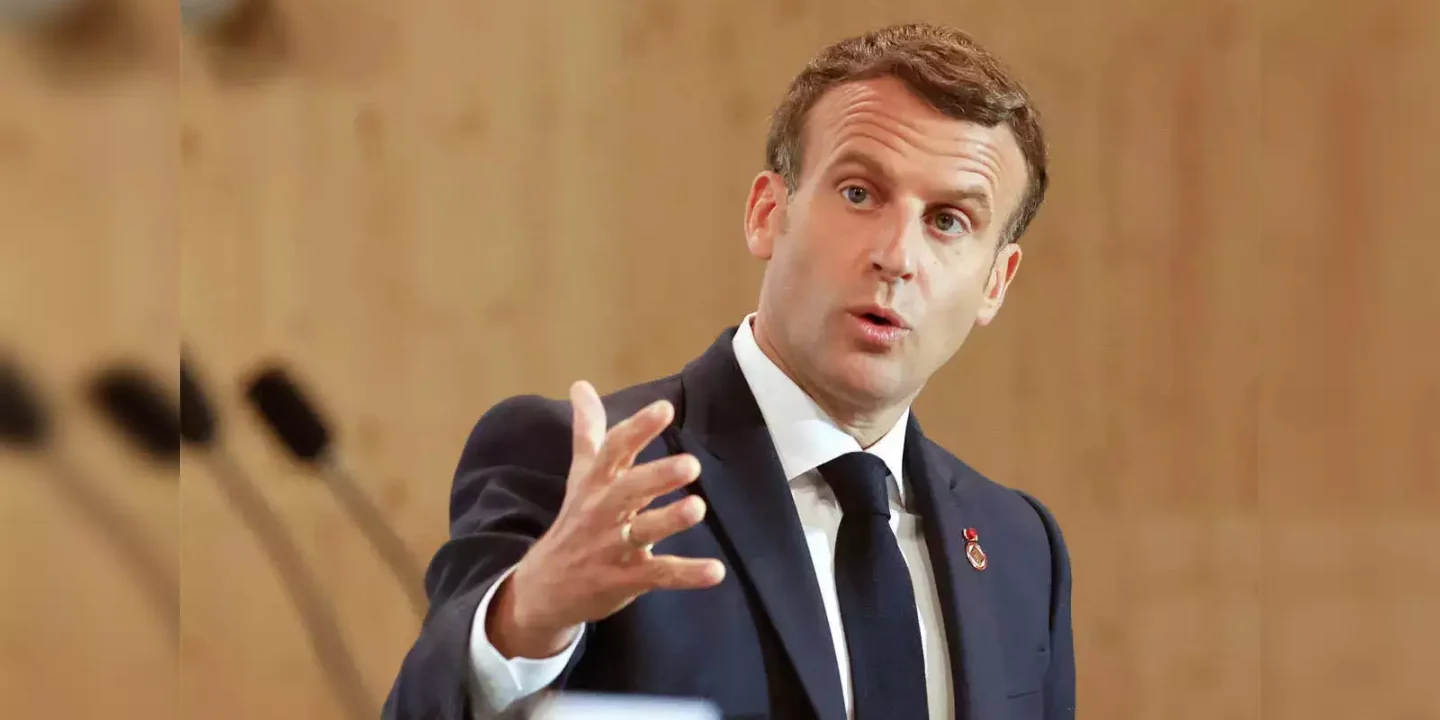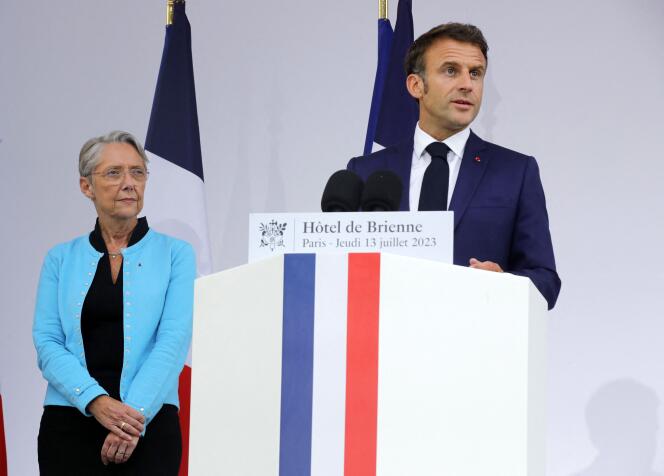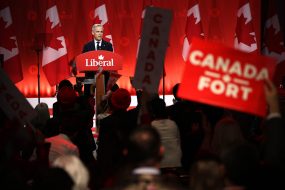
President Macron retains Elisabeth Borne as Prime Minister, aiming for stability and unity amid a fragmented political landscape after a tumultuous election.
A Fragmented Political Landscape
In a surprising move following the chaotic French election, President Emmanuel Macron has decided to retain his current Prime Minister, Elisabeth Borne. This decision comes amidst a fragmented political landscape, where Macron’s centrist party failed to secure an outright majority in the National Assembly.

The 2022 French election was a tumultuous affair, marked by a polarized political climate and a surge in support for far-right and far-left parties. Macron, who had previously enjoyed a comfortable majority, found himself in a much more precarious position, facing the challenge of forming a coalition government.
Stability and Continuity
Despite the temptation to appoint a new Prime Minister, Macron has chosen to keep Borne in her role. This decision reflects a strategic calculation on the part of the French president, as he navigates the complexities of the post-election landscape.

One of the key factors behind Macron’s decision is the need for stability and continuity in the government. Borne, a seasoned politician with experience in both the public and private sectors, has proven herself to be a capable administrator. Retaining her as Prime Minister provides a sense of stability at a time when the country faces significant economic and social challenges.
Reaching Across the Aisle
Moreover, Macron’s decision to keep Borne in her position can be seen as an olive branch to the opposition parties. By maintaining a familiar face in the Prime Minister’s office, Macron is signalling his willingness to work collaboratively with other political factions, rather than imposing a new, potentially divisive figure.

This move also reflects Macron’s desire to foster a sense of unity and cooperation within the National Assembly. With no single party holding a majority, the President will need to navigate a complex web of alliances and compromises to push through his legislative agenda. By retaining Borne, Macron is hoping to build bridges and facilitate a more constructive dialogue with the various political groups.
Challenges Ahead
However, the decision is not without its risks. Borne, a relative newcomer to national politics, may face increased scrutiny and opposition from the more established political figures in the National Assembly. Additionally, Macron’s base, which was hoping for a more dramatic shake-up of the government, may express some disappointment with the decision.

Nonetheless, Macron’s decision to keep Borne as Prime Minister demonstrates a pragmatic and strategic approach to governance. In a time of political uncertainty, the French president is attempting to strike a delicate balance between stability and adaptation, as he navigates the complexities of the post-election landscape. Follow for more!












